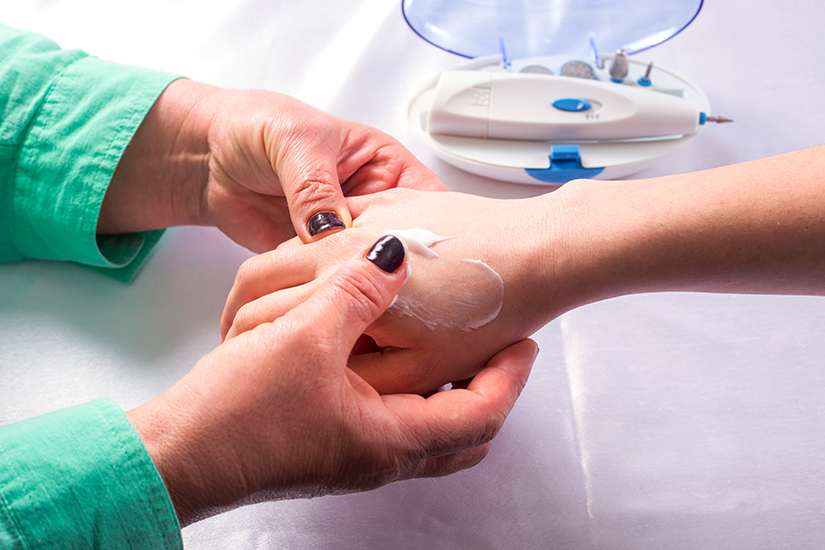- Emergency Ambulance Services
- 8606811111
- 0471-4077777, 0471-7177888
- gro@sutpattom.com
How to follow a diet plan after delivery for weight reduction?
Anu Mathew, Dietician, SUT Hospital, Pattom
Along with the joy of being a mother, another thought that haunts the minds of women is the increased body weight after childbirth. It is normal to gain 10 – 12 kg of body weight during a healthy pregnancy. However, obesity that persists after breastfeeding may lead to lifestyle diseases such as diabetes and heart disease in the future. Heredity, birth control pills, changes in diet, and hormonal changes are all factors that contribute to weight gain. Therefore, mothers who want to lose weight after childbirth need to understand a few things.
The first trimester is the time when the mother’s health returns to normal, whether it is a caesarean section or a normal delivery. So, adequate rest and balanced diet are important during this period. Breast milk is the only source of energy for the babies during first six months. Strict dieting during this period may affect the quality and quantity of breast milk.
Breastfeeding mothers need more energy, protein, iron and calcium than normal women. Controlled diet during this period can lead to anaemia, fatigue and osteoporosis in future. During the first six months, the mother’s diet should be balanced and nutritious. Never skip meals, especially breakfast. This is because the energy required for a day comes from breakfast.
When you are in the new role as a mother, you often forget to eat and drink enough water on time. Breastfeeding mothers should drink 2-3 litres of water a day. This helps to prevent dehydration, fatigue and decreased breast milk supply. Breastfeeding women should include eggs, milk, fish, legumes, vegetables, green leafy vegetables and nuts in their diet. Healthy snacks rich in protein and fibre should be practiced at regular intervals in addition to the main meal. For example, oatmeal, avocado milk, nuts, fruits, salads, raggi, milk, omelettes, boiled fruit, boiled beans, and aval jaggery mix are all good intermediate foods.
The average woman needs 1,900kcal of energy daily. Breastfeeding mothers eating less than 1800kcal can be detrimental to their health. During this period, regular exercise such as walking, yoga and meditation can help to alleviate insomnia, stress and depression. After six months, when the baby begins to be fed a snack-like diet, the mother can slowly switch to a weight-reduction diet and lifestyle. Start dieting with the help of a dietician once you understand your ideal body weight and diet. Instead of rushing into a diet plan, get into the habit of controlled diet and exercise regularly.
Proper way to weight reduction by following diet and exercise
Do yoga, aerobic exercises and muscle strengthening activities only with the help of a trainer. Do not try different diets expecting the same body shape and weight as before childbirth. Many of the popular diet plans practiced today avoid nutrients that our body needs. It can lead to various health problems in the future. Avoid high calorie foods such as sugar, sweets, bakery items and chips while following a diet plan. Limit the intake of carbohydrate rich food like rice and include protein-rich food like eggs, fish, beans, and nuts. At the same time, including vegetables in diet helps to get vitamins and minerals that the body need. Limit the use of oil and coconut in food items that you prepare. Eating salads, juices, soups, fruits and nuts at regular intervals can help control appetite and reduce fatigue. And also do not forget to exercise regularly.
To be a mother is one of the most precious periods in the life of a woman as well as it is the time when a woman needs the most care and nourishment. Before losing weight after childbirth, you should consult a doctor to ensure the health of both mother and baby and also consult a dietician to understand the proper diet plan. This helps to prevent health issues which can be expected by practicing a wrong diet.









